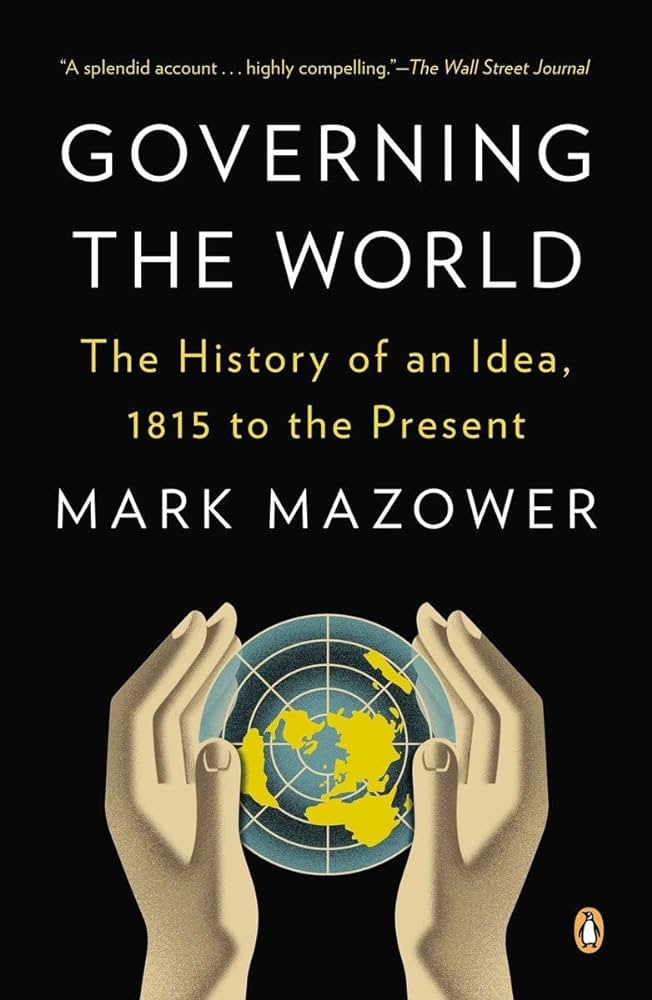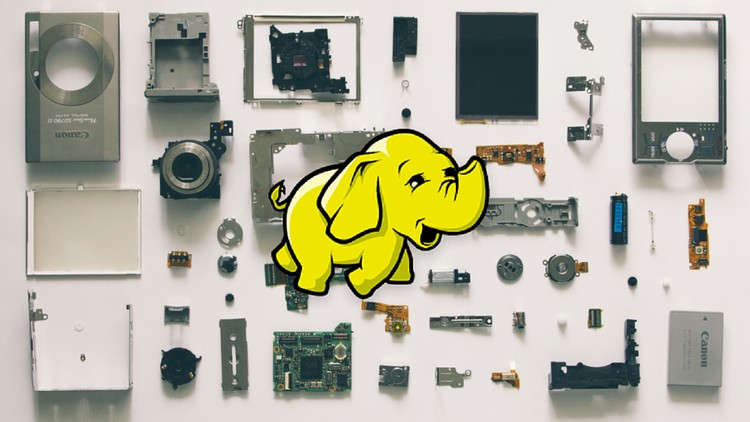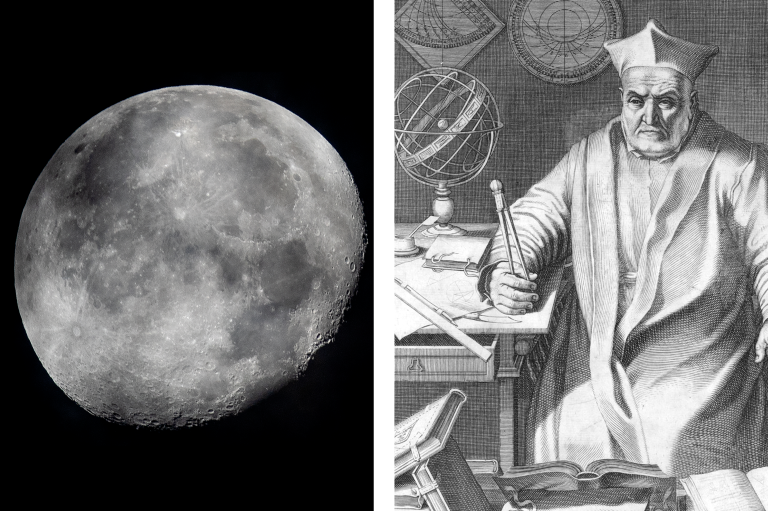Governing The World The History Of An Idea
Governing the World: The History of an Idea is a comprehensive exploration of the development of ideas about global governance throughout human history. It examines the various philosophies, practices, and challenges associated with this idea from ancient times through the present day. The book also provides a critical analysis of the current state of global governance, its successes and failures, and its potential for the future. Written by renowned historian Mark Mazower, this work is an essential resource for anyone interested in the development of international relations.
The Concept of World Governance
The concept of world governance has been around for centuries, and it has been the subject of intense debate for just as long. It is an idea that has been interpreted in a variety of ways, ranging from the utopian vision of a world government to a more localized and practical approach. The idea of world governance is based on the idea of creating a global system of governance, with the aim of providing a more equitable and sustainable global system. This could involve the creation of global institutions that would work to implement policies, regulations, and laws that are in the interest of all peoples. Additionally, world governance could involve the creation of mechanisms for dispute resolution and collaboration between countries, in order to ensure that conflicts are resolved peacefully. Ultimately, the goal of world governance is to create a global order that is based on justice, fairness, and mutual respect.
Historical Precedents of World Governance
Throughout the ages, man has sought to create a unified system of government that would allow countries to come together and work in harmony. From the early days of the ancient Greeks to the modern European Union, the concept of global governance has been an ever-evolving ideal. The history of world governance can be traced back to the earliest civilizations of the world. In the ancient world, various city-states developed their own systems of government. Ancient Greece, in particular, was a major proponent of democracy and its ideals of collective governance. This form of government was later adopted by the Roman Empire, which created the Pax Romana, a period of relative peace and prosperity within the empire’s boundaries.
In the medieval period, religious and political power was concentrated in the hands of the Catholic Church. This established the Church as a powerful authority in European politics, and its teachings on governance heavily influenced later systems of government. During the Renaissance, the nation-state became the dominant form of government in Europe. This led to increased competition between the various European states, as they sought to gain political and economic supremacy over their neighbours.
In the modern era, the concept of global governance has been further developed by organizations like the United Nations, the World Bank, and the International Monetary Fund. These organizations strive to promote international cooperation and create a more peaceful and prosperous world. The emergence of the internet has also helped to facilitate this process, by allowing for the free exchange of information and ideas between nations, and has given rise to global movements such as the anti-globalization movement.
The history of world governance is a long and complex one, and its many iterations are reflective of the changing times in which they were created. From the earliest days of ancient Greece to the modern-day United Nations, the concept of global governance has been a constant presence throughout the centuries. In the modern era, global governance is an essential part of creating a more harmonious and prosperous world.
Modern Ideas for World Governance
Modern ideas for world governance have evolved significantly since the earliest days of human civilization. From Ancient Greece and Rome’s conceptions of government to the complex systems of the modern world, the notion of governing the world has changed dramatically. Today, we see a variety of systems of government, ranging from democracy to authoritarianism. However, not all governments are created equal, and there are a number of potential issues with the current system of world governance. Political instability, economic inequality, and human rights violations are all potential risks that can arise from a lack of effective global governance.
At the same time, there is an increasing need for global cooperation and coordination. As the world’s population grows, and the global economy becomes ever more interconnected, the need for effective global governance becomes more pressing. In response to this, a number of initiatives have been proposed to address these issues. For instance, the United Nations has proposed a number of ideas for global governance, ranging from the establishment of a World Bank to the development of an International Criminal Court. Additionally, the World Trade Organization has proposed a range of initiatives to promote global trade. These initiatives are designed to foster greater levels of collaboration between countries, and to ensure that the global economy is managed in a more equitable and sustainable manner.
Ultimately, the world is in need of a more effective system of global governance. This requires an understanding of the current state of global affairs, and the development of innovative solutions to address the current challenges. It is only through a combination of political, economic, and social initiatives that the world can move towards a more equitable and sustainable system of global governance.

Current Models of World Governance
Throughout history, various models of world governance have been proposed and implemented. From the League of Nations to the United Nations, to the European Union, governments have sought to create international organizations capable of promoting stability and cooperation among nations. In the 21st century, the concept of global governance has become an important topic of debate.
The current model of global governance is largely based on the liberal international order and the United Nations system. The liberal international order is based on the principles of free-market capitalism, democracy, and human rights. The United Nations system is composed of a variety of international organizations, such as the World Health Organization, the International Monetary Fund, and the World Trade Organization, which are tasked with promoting peace and stability around the world.
In addition to the liberal international order and the United Nations system, there are other models of global governance. These include regional organizations, such as the European Union and the African Union, which focus on regional cooperation and integration. There are also efforts to create supranational governing bodies, such as the International Criminal Court, or global commissions, such as the High-level Panel on Global Sustainability.
Ultimately, the debate over the best model of global governance is ongoing. While some argue for a stronger international order, others argue for a more decentralized approach. As the world continues to become more interconnected, it is important that governments and international organizations work together to create a model of global governance that is effective and equitable.
Challenges to Modern World Governance
In the modern world, the concept of governance is no longer limited to the confines of a single nation-state. Globalization has expanded the power of governments beyond their own borders, offering the potential for increased cooperation and coordination between nations. This has also opened the door to new challenges, as governments of different countries attempt to balance global interests with their own national interests. From the rise of international organizations such as the United Nations to the proliferation of regional and international trade agreements, the world is increasingly interconnected and governed by a variety of forces.
In addition, the emergence of new technologies has had a profound impact on the way that governments interact with each other. For example, the internet has allowed governments to collect and share data more quickly and accurately than ever before, while social media platforms have enabled citizens to directly influence the decisions made by their government. Furthermore, the rise of artificial intelligence has allowed governments to automate certain tasks and to analyze large amounts of data more quickly and efficiently.
These new technologies have created a variety of opportunities for governments to coordinate their activities, but they have also presented new challenges. For example, the internet has enabled the spread of false information, while social media platforms have enabled the spread of extremist ideologies. Moreover, governments must also deal with the challenges of cyber-security, as hackers seek to exploit weaknesses in information systems.
Ultimately, modern world governance is a complex endeavor that requires careful consideration of both global and national interests. As such, governments must be able to effectively manage the various challenges posed by globalization, new technologies, and other factors in order to ensure the stability and prosperity of their citizens.
The Future of World Governance
As we look to the future, the idea of world governance and its impact on global relations remains a highly contested and controversial topic. It is clear that the world is in a state of flux, with new technologies, global pandemics, and a rapidly changing geopolitical landscape, and it is unlikely that traditional forms of governance will be sufficient to help us navigate these complex and unpredictable times. In order to understand the future of world governance, it is important to consider the history of the idea, its development over time, and its potential for the future.
World governance is a concept that has been around for centuries, dating back to ancient civilizations. Throughout history, different forms of governance have been developed, from empires to nation-states and international organizations. However, the idea of world governance as we know it today is relatively recent, with the United Nations and other global institutions being created in the mid-20th century. Since then, global governance has become increasingly complex, with new organizations such as the G20 and the World Trade Organization making significant contributions to international politics and economics.
As the global landscape continues to evolve, so too does the idea of world governance. In the future, it is likely that the concept of world governance will become more integrated and unified, with international organizations playing an even more prominent role in global politics. It is also possible that new technologies, such as artificial intelligence, will be utilized to help facilitate the governance of the world.
At the end of the day, the exact form of global governance is yet to be determined. However, it is clear that the idea of world governance is one that is here to stay, and it is essential that we recognize its potential for the future. By understanding the history of the concept, its development over time, and its potential for the future, we can better prepare ourselves for the changes that are to come.
FAQs About the Governing The World The History Of An Idea
Q1: What types of topics does the book “Governing The World: The History Of An Idea” cover?
A1: The book covers the history of the idea of governing the world, from ancient times to the present day. Topics include the rise of empires, the development of international law, the concept of global governance, the role of international institutions, the challenges of international development, and the future of global governance.
Q2: What is the author’s main argument in the book?
A2: The main argument of the book is that, while the idea of governing the world has been around since ancient times, it is only in modern times that it has become a reality due to the emergence of international organizations, global communication networks, and complex economic and political systems.
Q3: What are the key takeaways from the book?
A3: Key takeaways from the book include an understanding of the history and dynamics of global governance, an appreciation of the importance of international institutions, and an awareness of the challenges facing the future of global governance.
Conclusion
In conclusion, Governing The World: The History Of An Idea provides an in-depth look into the history of the concept of global governance and its impact on our modern world. The book examines how the idea of global governance has evolved over time and how it has shaped the world we live in today. It is an important book for anyone interested in the history of the idea of global governance and its implications for the future.




